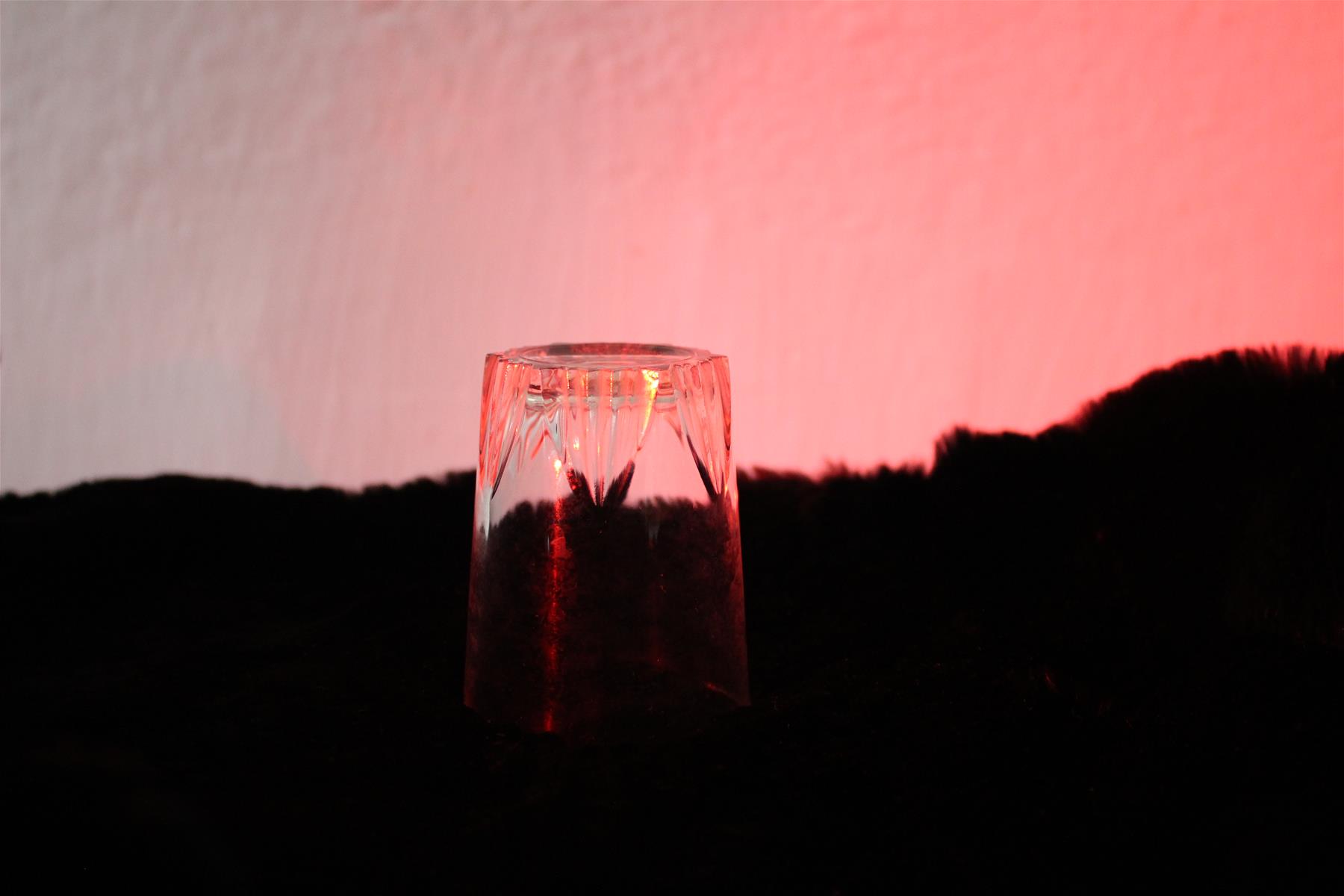Pilot Study Czech Republic
Charles University, Prague
Using mixed methods based on Participatory Action Research, art based and a/r/tographical approaches, this research project investigated the possibilities of home art gallery education during the pandemic. It aimed to understand what educational models can be designed to meet creative, critical and art based learning requirements when people are isolated from cultural resources? And what is the artist´s role in these processes?
The pilot study´s accent was educational. However, the pilot study included artistic creative processes (taking photos; creating glass installations; family performance, etc.) and communication with participants (direct oral and distance). The goal was to overcome the participants’ isolation, to provoke and support communication about the glass objects and related family identities and memories. Glass objects were used as a tool for transferring the family memory.
Home Glass Sharing, Magdalena Novotna, 2020.

Home Glass Sharing, Magdalena Novotna, 2020.